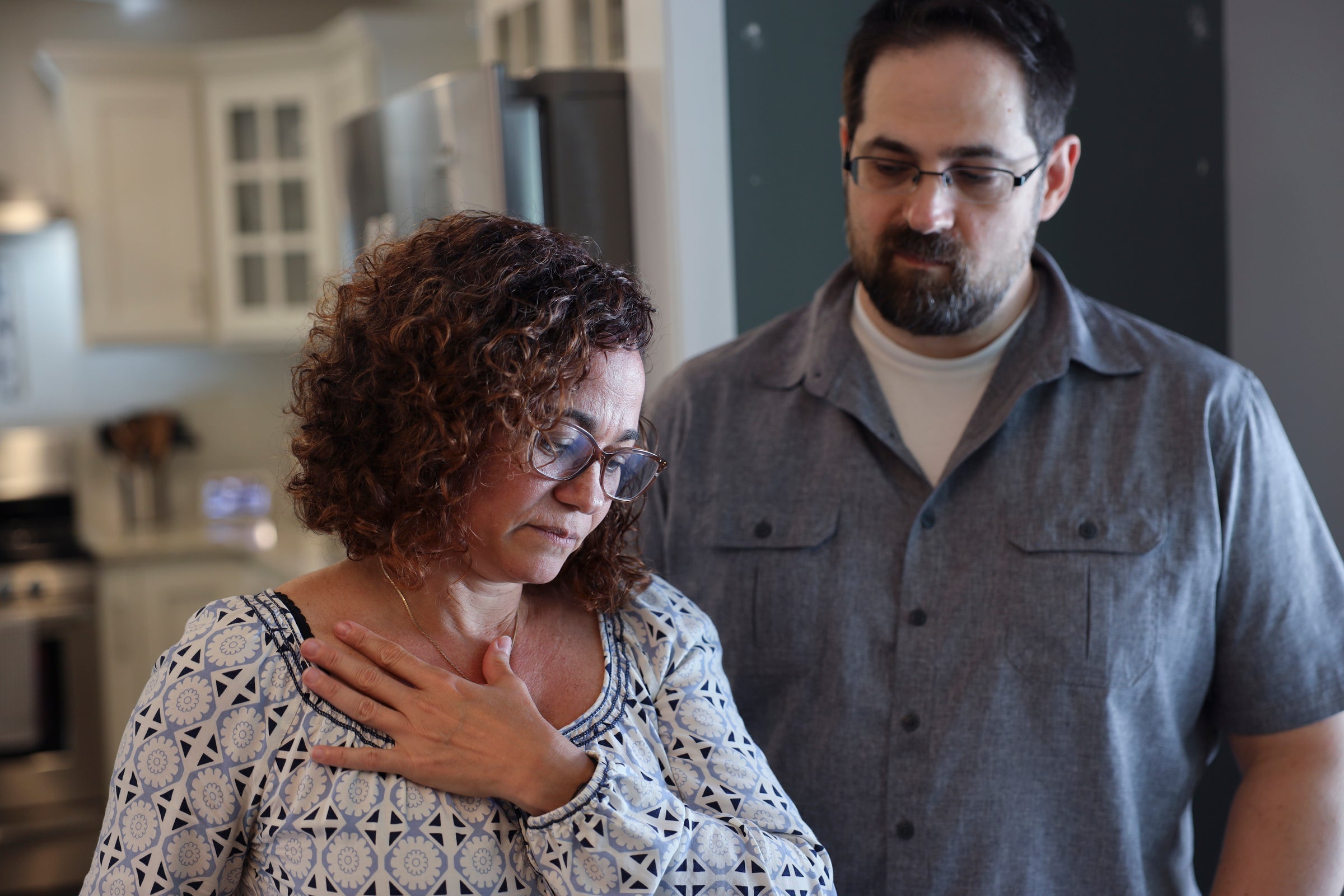We Americans spent an estimated $120 billion on supplements last year. But the question about any supplement is whether it works. The National Institutes of Health (NIH) and other organizations have been looking at that question for years.
When it was discovered, folic acid was good to prevent the birth defect spina bifida. The NIH along with the Centers for Disease Control and Prevention and the Food and Drug Administration voted to put it in enriched flour used in most bread in this country. The result was a huge drop in the disease, a win for babies across the U.S.
But that’s just one example and not all supplements are created equal. Recent research suggests that vitamin D and fish oil don’t help one form of cardiac disease, atrial fibrillation, commonly called AFib.
Stay informed on the latest news
Sign up for WPR’s email newsletter.
The human heart has four chambers — two upper chambers, or the atria, and two lower chambers, the ventricles. Normally, the heart contracts and relaxes in a regular fashion, lub-dub, lub-dub, lub-dub. In AFib, the upper chambers beat irregularly; they quiver and they don’t delivery blood as effectively to the ventricles.
Some people with AFib don’t experience many symptoms, while others notice their heart flip-flops. Sometimes, they say it feels like it’s banging against their chest. They may get lightheaded and weak and feel like they’re gasping for air.
The other problem is that blood in the upper chamber can pool, forming a clot and increasing the risk of stroke five-fold. About 1 in 5 people who have strokes get them from AFib — that’s more than 150,000 people a year.
Treatments for AFib include drugs, cardioversion (electrical shock) and minimally invasive surgery called ablation. Lifetime blood thinners, such as Warfarin and Eliquis, reduce risks by nearly 70 percent.
The question researchers were looking at was whether we can prevent AFib from starting in the first place by taking supplements such as fish oil and vitamin D. Unfortunately, the answer is no.
The VITAL Rhythm Study, a massive study of more than 25,000 men and women, looked at the effect of these two supplements compared with a placebo. Volunteers took either the dummy pill or 2,000 IU of vitamin D a day, or 800 milligrams a day of Omega-3 fatty acid, the amount found in a typical high-quality fish oil supplement.
The trial was blind, so no one knew what they were on. The study looked at men and women of all ethnicities and racial backgrounds, making the data stronger than many studies in the past, which were skewed toward white men in particular.
Studying Black people was particularly important because they often have lower vitamin D levels as a result of darker skin pigmentation, which leads to poor absorption of UVB light, which is necessary for the body to activate vitamin D.
Another study, presented at the American Heart Association annual meeting and called the OMEMI trial, looked at Omega-3 fatty acids in older people with myocardial infarction. The study also showed no benefit in taking fish oil to prevent a second heart attack for those who’d had a previous heart attack.
AFib is a growing problem, and people with low blood levels of vitamin D and Omega-3s have a higher risk of AFib. On the surface, taking supplements would seem to be a good idea.
They tested it and it failed. It didn’t prevent AFib. Too bad.
And as for fish oil, we know eating fish reduces the risk of heart attack, but consuming the industrialized product, fish oil, doesn’t appear to be the same. In some ways, that makes sense. Bite into a delicious salmon, perfectly baked, then chew on a fish oil capsule and you’ll see what I mean. Not the same thing, is it?
Stay well.
Wisconsin Public Radio, © Copyright 2025, Board of Regents of the University of Wisconsin System and Wisconsin Educational Communications Board.







